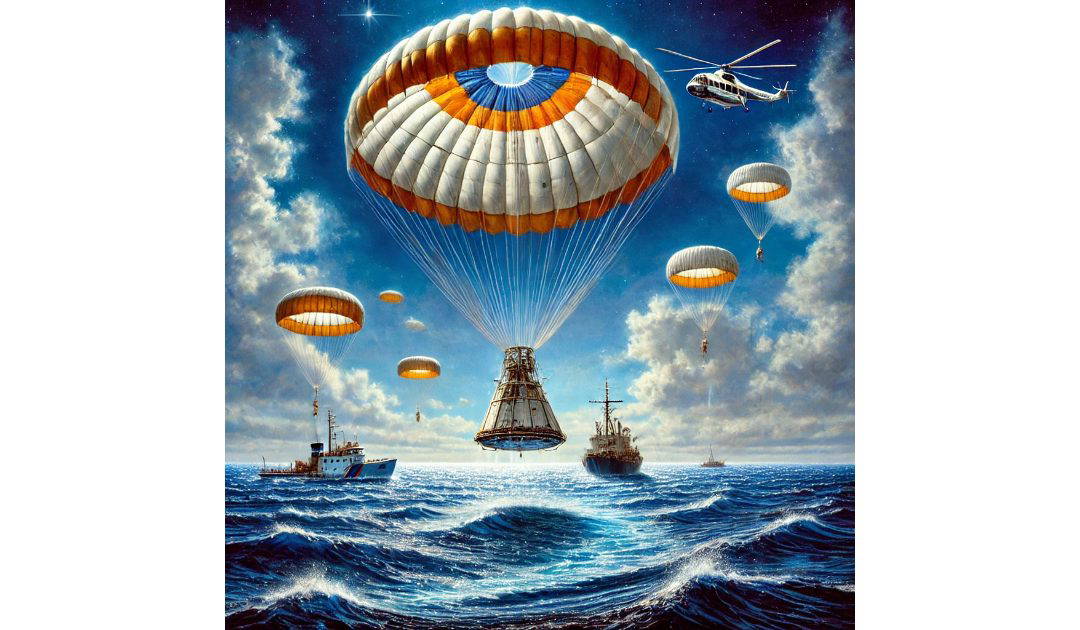On 18th December 1965 Gemini 7 splashed down after almost two weeks orbiting the Earth. It was Jim Lovell’s first space flight, Frank Borman was the Pilot in Command. I have posted about my favourite films, and although I named several, Apollo 13 is top.
James Arthur Lovell Jr., born on 25th March 1928, in Cleveland, Ohio, is an American astronaut, naval aviator, and engineer renowned for his role in the Apollo space program. Lovell’s path to the stars began with a passion for aviation, inspired by early experiments with model rockets. He graduated from Juneau High School in Milwaukee, Wisconsin, and pursued his dreams at the U.S. Naval Academy, earning his commission in 1952.
As a naval aviator, Jim Lovell excelled in piloting and tested various aircraft, gaining the expertise that would define his career. He later joined the Navy’s Test Pilot School and flew high-performance jets, solidifying his reputation as a top aviator. In 1962, NASA selected him as one of nine astronauts for its second group, known as the “New Nine,” marking the start of his storied space career.
Lovell’s first spaceflight came as the pilot of Gemini 7 in 1965, where he and Frank Borman spent 14 days in orbit, a mission that set endurance records and demonstrated the feasibility of long-duration space missions. Lovell returned to space as the commander of Gemini 12, the final mission of the Gemini program, where he oversaw groundbreaking extravehicular activities (spacewalks).
Lovell’s role in the Apollo program cemented his legacy. In 1968, he was part of the Apollo 8 mission, the first manned spacecraft to orbit the Moon. Alongside Frank Borman and Bill Anders, Lovell became one of the first humans to witness Earthrise, a profound moment in space exploration.
However, Jim Lovell is perhaps best known as the commander of the ill-fated Apollo 13 mission in 1970. When an oxygen tank exploded en route to the Moon, the mission became a struggle for survival. Lovell’s calm leadership and ingenuity helped the crew return safely, turning a near-disaster into a triumph of human resilience.
Lovell retired from NASA and the Navy in 1973, transitioning to a career in business. He co-authored the book Lost Moon, which inspired the 1995 film Apollo 13, where Tom Hanks portrayed him.
A recipient of numerous honors, including the Presidential Medal of Freedom, Jim Lovell remains a symbol of courage, innovation, and the unyielding spirit of exploration. He continues to inspire generations as a testament to the power of teamwork and perseverance in the face of adversity.

